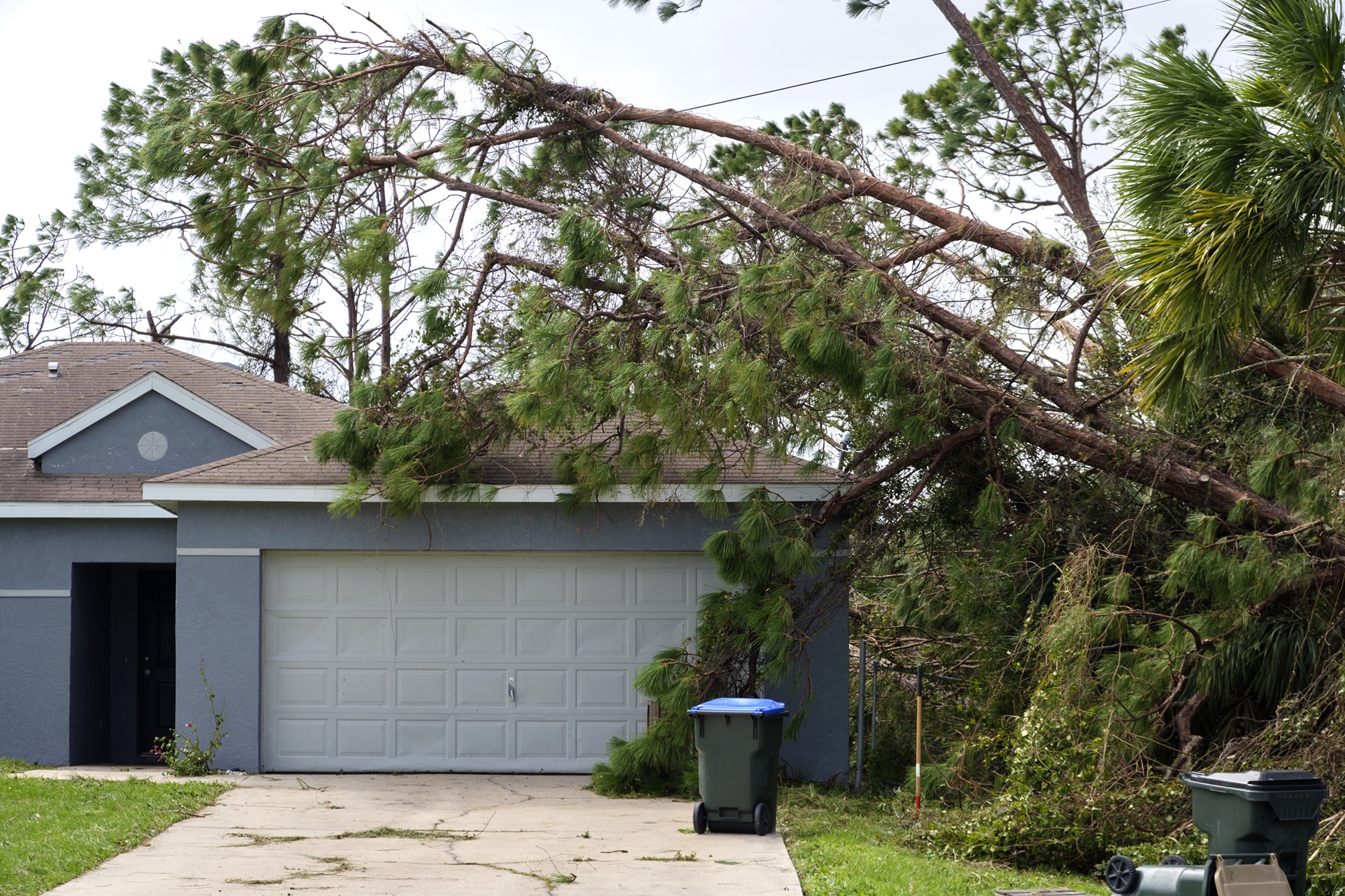As hurricane season approaches, ensuring that you and your family are prepared for any potential emergencies is essential. One of the most critical steps in hurricane preparedness is assembling a comprehensive emergency kit. This kit should contain everything you need to survive during and after a hurricane, especially if you’re without power or access to basic services for several days. Here’s a detailed guide on what to include in your hurricane emergency kit, based on recommendations from Ready.gov and the CDC.

Essential Items for Your Emergency Kit
1. Water
- Amount: At least one gallon per person per day for at least three days, for drinking and sanitation.
- Tip: Consider including water purification tablets or a portable water filter in case you need to purify additional water.
2. Food
- Types: A three-day supply of non-perishable food items such as canned goods, dry cereals, energy bars, peanut butter, and dried fruits.
- Tip: Include a manual can opener and utensils. Choose items that do not require refrigeration or cooking.
3. Medications
- Prescription medications: Ensure you have at least a seven-day supply of essential prescription medications.
- Over-the-counter medications: Include pain relievers, anti-diarrhea medication, antacids, and laxatives.
- First aid supplies: A basic first aid kit should include bandages, antiseptic wipes, gauze, adhesive tape, scissors, tweezers, and a thermometer.
4. Tools and Supplies
- Flashlights: One or more flashlights with extra batteries.
- Battery-powered or hand-crank radio: A NOAA Weather Radio with tone alert to stay informed about the latest weather updates and emergency information.
- Multi-purpose tool: Useful for various tasks, from opening cans to basic repairs.
- Whistle: To signal for help if needed.
- Plastic sheeting and duct tape: To create a makeshift shelter if necessary.
- Moist towelettes, garbage bags, and plastic ties: For personal sanitation.
5. Personal Hygiene Items
- Supplies: Soap, hand sanitizer, toothbrush and toothpaste, feminine hygiene products, diapers (if applicable), and personal hygiene items.
6. Important Documents
- Types: Copies of insurance policies, identification, bank account records, and other critical documents stored in a waterproof container.
- Tip: Consider creating digital copies of these documents stored on a secure cloud service or a USB drive.
7. Clothing and Bedding
- Clothing: Include at least one change of clothes per person, sturdy shoes, and rain gear.
- Bedding: Sleeping bags, blankets, and pillows.
8. Special Needs Items
- Infants: Baby formula, bottles, diapers, wipes, and diaper rash cream.
- Elderly: Extra eyeglasses, hearing aid batteries, and other essential supplies.
- Pets: Food, water, medications, leash, carrier, and vaccination records.
9. Cash and Important Keys
- Cash: Small bills are preferable since ATMs and credit card machines may not be functional during power outages.
- Keys: Extra keys for your home and car.
10. Entertainment Items
- Supplies: Books, games, puzzles, or other activities to help pass the time if you are without power or confined indoors.
Final Tips
- Regular Maintenance: Check your emergency kit regularly to ensure that items are up to date and replace any expired food, water, and medications.
- Personalize Your Kit: Tailor the contents of your kit to meet the specific needs of your family members, including dietary requirements and medical conditions.
- Stay Informed: Keep a list of important emergency contacts and local emergency services. Follow local news and weather updates to stay informed about any impending storms.
Assembling a well-stocked hurricane emergency kit can make all the difference in ensuring your family’s safety and comfort during a hurricane. By preparing ahead of time, you can reduce stress and be better equipped to handle whatever comes your way. For more detailed information and resources on hurricane preparedness, visit Ready.gov and the CDC.
Stay safe this hurricane season, and remember that preparation is key.








